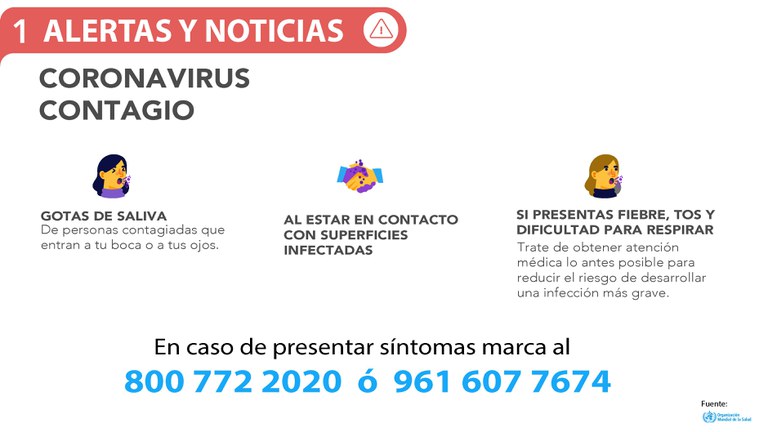Mexico is a transit country for migrants, often from Central America, who are forced to leave their places of origin for survival or economic reasons. Thousands come into the country each year, either to stay there or to reach the United States. In a context of pandemic and containment, these already vulnerable populations become even more so. Their need for access to information becomes even more vital.
More centres for more migrants
Present in 8 centres across Mexico since 2018, in recent weeks, TSF and its partner centres are adapting their response daily to contain the epidemic and above all to ensure and secure their beneficiaries.
In parallel, our Representative for Latin America and the Caribbean participates in the COVID-19 teleconferences organised by the Regional Office for Latin America and the Caribbean of the United Nations Office for the Coordination of Humanitarian Affairs (UNOCHA ROLAC). These revealed the needs of new centres, with which we quickly got in touch.
For Alcides, responsible of the screen in the Palenque migrant shelter, “TSF enriches the information for migrants and facilitates the shelter to share information. There is empathy between TSF and the shelters. We feel supported. You are always available and open to share information.”
Currently, these screens provide information to around 700 migrants every day. We remain attentive to the latest information on COVID-19 produced by expert institutions in the field and also continue to analyse other possible needs in other cities and shelters, in order to continue our action in the protection of migrants in Mexico.
Vital information on COVID-19
The information disseminated in the centers through the technical solution created by TSF is extremely important for migrants, and in particular contains information on their rights, where several administrative buildings and Embassies are located depending on the city, and general information on the route (since it can be dangerous).
This information is regularly updated taking into account specific situations. In this period, it was then essential to highlight all the necessary information in relation to COVID-19, from how to stay safe to the restrictions put in place by the federal and local government, prevention and care measures, figures up to date on the impact of the virus in Mexico as well as in their country of origin, information focused on specific groups such as women or children, among others. As for all our information, these are taken from sources such as the International Organization for Migration or the High Commission for Refugees, the World Health Organization, and the International Committee of the Red Cross.

“For migrants, information technologies are very important, so they can communicate with their relatives and be informed both in social networks and in the informative screens. Since the pandemic, asylum seekers spend more time in front of the screen and are getting more of the information displayed on the screen. They are getting useful information about the pandemic and the situation in Mexico and neighbouring countries.” - Juan Carlos, administrator of the Tapachula migrant shelter in Mexico.

